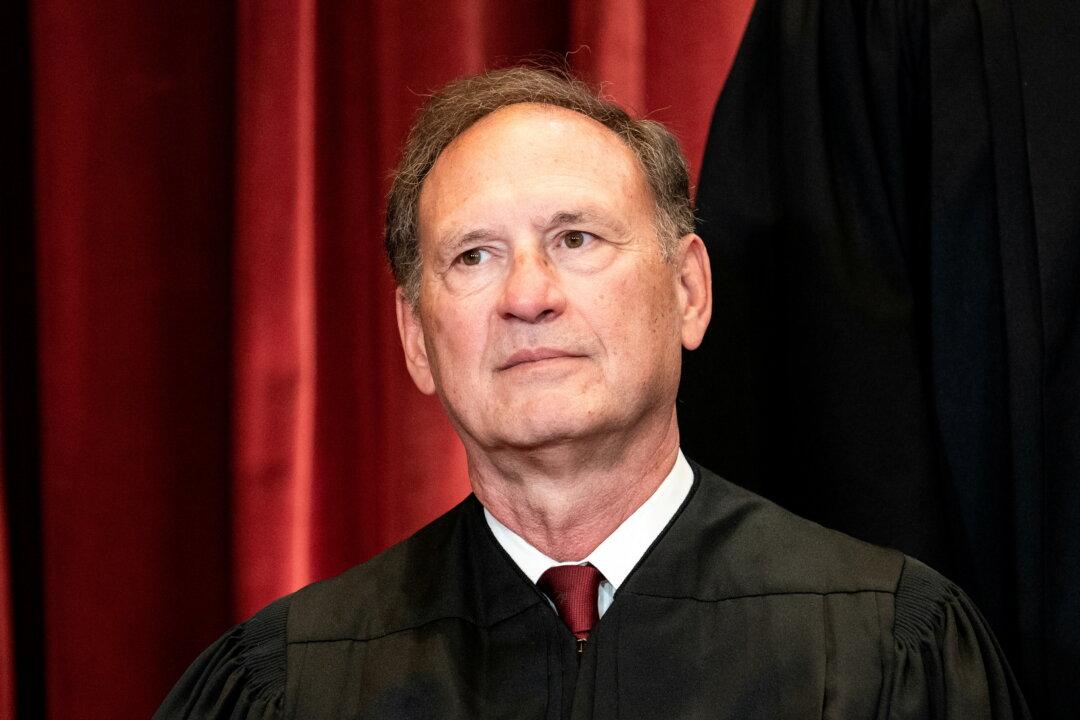Commentary
The story about the leaking of a draft opinion, which purports to reverse the Roe v. Wade decision, is met with great disbelief in the United States. Justice Samuel Alito writes in his decision that “Roe was egregiously wrong from the start,” and “We hold that Roe and Casey must be overruled.” In the document, labelled as the “Opinion of the Court,” he asserted, “it is time to heed the Constitution and return the issue of abortion to the people’s elected representatives.”





